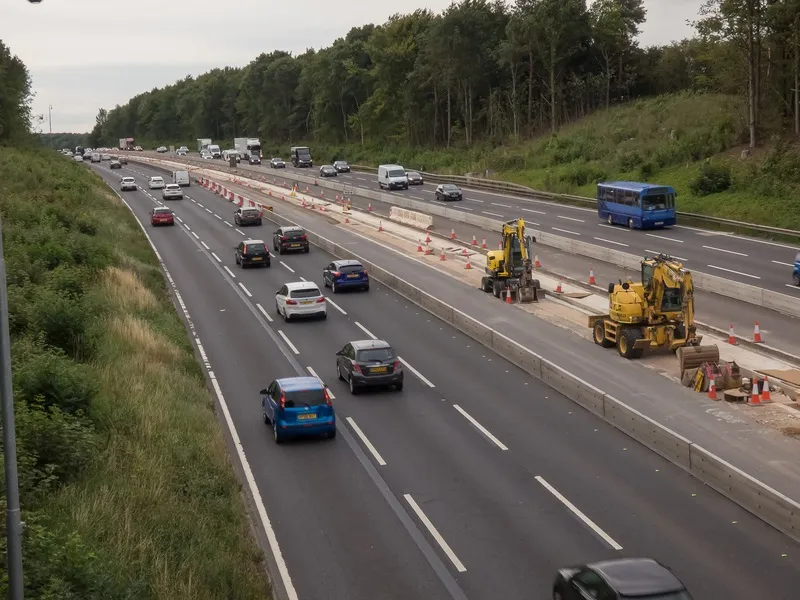Draft regulations to introduce variable mandatory speed limits as part of the planned smart motorway upgrade to 18 and a half miles of the M6 in Cheshire were published this week for consultation with key stakeholders.
Highways England is planning to start construction work on the US$299 to US$427 million project between junction 16 at Crewe and junction 19 at Knutsford later this year. The hard shoulder will be converted into a permanent extra running lane and smart motorway technology installed to give
July 2, 2015
Read time: 2 mins
Draft regulations to introduce variable mandatory speed limits as part of the planned smart motorway upgrade to 18 and a half miles of the M6 in Cheshire were published this week for consultation with key stakeholders.
8101 Highways England is planning to start construction work on the US$299 to US$427 million project between junction 16 at Crewe and junction 19 at Knutsford later this year. The hard shoulder will be converted into a permanent extra running lane and smart motorway technology installed to give drivers more reliable journeys. Variable mandatory speed limits will be used to manage traffic speeds and help reduce congestion, whilst enabling safe operation of the motorway.
Introducing the variable mandatory speed limits on the motorway requires new regulations. These new draft regulations have been published for comment with consultation packs being sent to key stakeholders, such as local authorities, transport associations and emergency services.
Construction of the smart motorway scheme is scheduled to start between October and December this year.
Introducing the variable mandatory speed limits on the motorway requires new regulations. These new draft regulations have been published for comment with consultation packs being sent to key stakeholders, such as local authorities, transport associations and emergency services.
Construction of the smart motorway scheme is scheduled to start between October and December this year.








